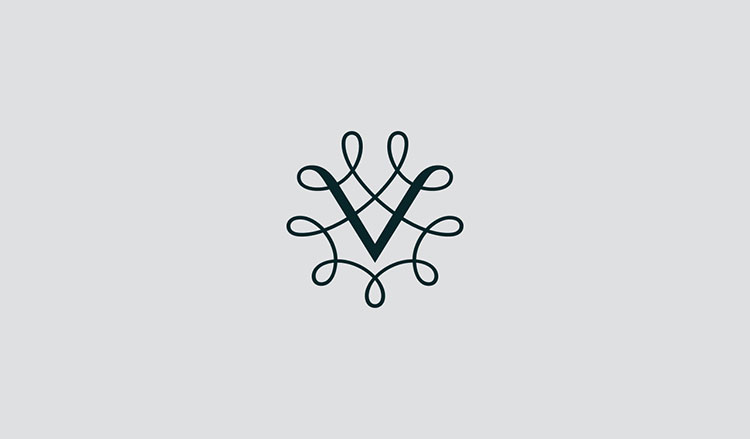Updated September 2024
If you are employed or temporarily hired by Vinmonopolet, please refer to the Vinmonopolet’s intranet for more information regarding internal whistle-blowing procedures.
Unethical or illegal conditions and behaviour in this context is taken to mean matters that are in breach of:
- laws and regulations (rules of law)
- written ethical guidelines
- ethical norms that are broadly accepted in society at large
Examples of unethical and illegal conditions and behaviour are:
- danger to life or health
- danger to the climate or environment
- corruption or other economic crime
- abuse of authority
- improper working environment
- breach of personal data security
- failure to treat suppliers equally
- discrimination or harassment
This list is not exhaustive.
The whistle-blowing procedure does not encompass complaints relating to the deletion and purchase of products or complaints about customer service.
Matters that fall under the Nemnd for prøving av AS Vinmonopolets beslutninger om innkjøp mv. (Vinmonopolet’s Complaints board) regarding price fixing, purchasing and stopping further purchases (deletion) that do not comply with the purchasing regulations are not dealt with through this procedure. These types of complaints must be addressed to the Complaint board for review of AS Vinmonopolet's decisions on purchases etc., via our department for Category and Purchases.
Customer complaints are to be addressed to the customer centre
The whistle-blowing procedure is to be used if you are aware of any unethical or illegal conditions and behaviour that Vinmonopolet should know about. The procedure aims to make whistle-blowing safe and easy for employees, hired staff and external persons.
Information can be provided via our external whistle-blowing channel, a service currently run by EY on Vinmonopolet’s behalf. When using this channel, whistle-blowers receive an electronic receipt that their information has been received. Whistle-blowers who provide their identity will also receive a response from our internal Whistle-blowing team. Our whistle-blowing channel may be contacted in various ways:
Digitally
A web-based form is sent via an encrypted solution (external link)
By telephone or meeting in person
Call (+47) 24 00 20 14
Opening hours for the whistle-blowing hotline are Monday–Friday 08.00-16.00
A caller’s telephone number cannot be seen by the person answering the call.
You may also arrange to meet up in person at the reception for whistle-blowing at EY's offices in Stortorvet 7 in Oslo.
By mail
Send letters to:
Varslingsmottaket for Vinmonopolet,
Ernst & Young AS
Forensics & Integrity Services
Postboks 1156
NO-0107 Oslo
Norge
Anonymity
When reporting to the Vinmonopolet Whistle-blowing team via the external whistle-blowing channel, you can choose to remain anonymous. Alternatively, you may choose to provide your identity to EY and request that your anonymity is maintained in relation to Vinmonopolet. The information you provide will be passed on to the Whistle-blowing team. If you prefer to remain anonymous, use of the external whistle-blowing channel makes it possible to communicate with EY without providing your identity.
Generally speaking, it can be easier to proceed to investigation of the matter if the whistle-blower is open about his/her identity. A case may have to be dropped in certain instances if the whistle-blower remains anonymous. Persons subject to the report must be given the opportunity to respond to allegations of unethical or illegal conditions and behaviour (contradiction). When allegations of unethical or illegal conditions and behaviour are directed at specific persons, we cannot guarantee anonymity if the content of the allegations makes it possible for the person reported to identify the whistle-blower.
A whistle-blower’s identity will always be treated as confidential information. The personal privacy of both the whistle-blower and the reported person is to be safeguarded.
Whistle-blowers who remain anonymous are not usually notified when the case has been fully processed.
Who processes the report?
KPMG is initially responsible for the reception and preliminary processing of a report. KPMG forwards the report to the Whistle-blowing team in Vinmonopolet with an assessment and recommendation of further case handling. The Whistle-blowing team undertakes an independent assessment of the report and determines any further case handling or process. The Whistle-blowing team also considers if the reporter needs to be kept informed about further case handling.
Principles of proper case handling
When investigating a report, principles of proper case handling are to be followed. This means:
- the reporter’s identity and information must not be disclosed to more persons than necessary (confidentiality). In certain cases, this consideration can come into conflict with the reported person’s right to contradiction (see below).
- the person processing the report must not have a personal interest in the case (conflict of interest). This means that there should be no conditions or circumstances that could undermine confidence in whether those investigating and handling the case are impartial and have no personal interest in the matter. All persons who process reports in Vinmonopolet must consider any personal conflict of interest prior to dealing with a case.
- the person accused of improper conduct must be given the opportunity to state their version of the matter (right to contradiction).
Confidentiality
Documents in whistle-blowing cases are subject to the same legislation for confidentiality and public disclosure as other documents. This means, inter alia, that confidential information always will be exempt from public disclosure.



